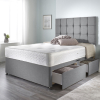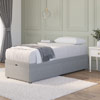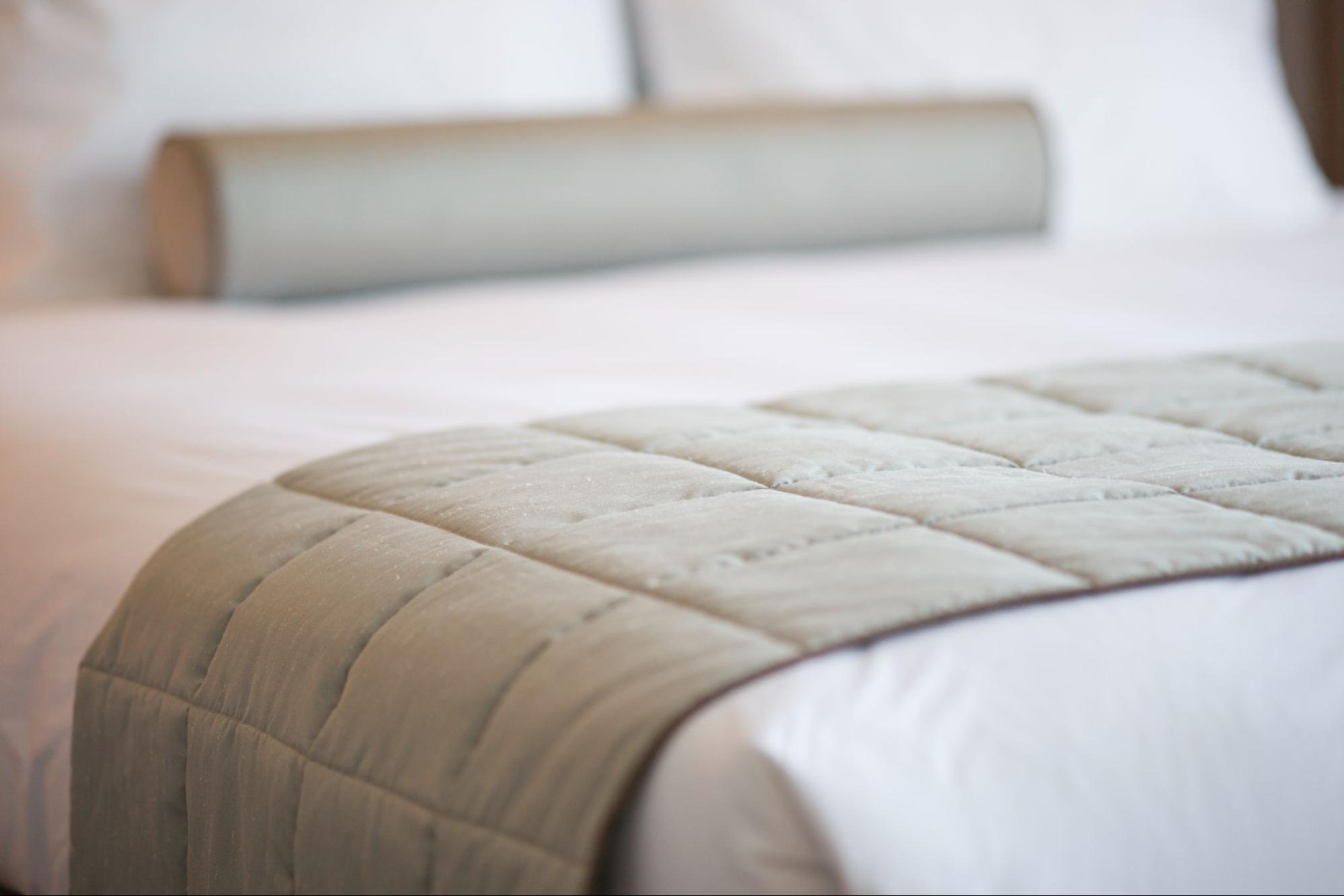- Updated :
- Published :
- Tips & Advice
-
 Beds
Beds
-
Top Quality Beds for Less
-
Free & Premium Delivery Available
-
Customisable Designs
-
-
 Divan Beds
Divan Beds
-
Top Quality Beds for Less
-
Free & Premium Delivery Available
-
Customisable Designs
-
-
 Ottoman Beds
Ottoman Beds
-
-
-
-
Heading title
-
-
Top Quality Beds for Less
-
Free & Premium Delivery Available
-
Customisable Designs
-
-
 Bed Bases
Bed Bases
-
-
Shop by type
-
-
Top Quality Beds for Less
-
Free & Premium Delivery Available
-
Customisable Designs
-
-
 Mattresses
Mattresses
-
-
Shop by type
-
-
-
-
Heading title
-
-
Top Quality Beds for Less
-
Free & Premium Delivery Available
-
Customisable Designs
-
-
 Headboards
Headboards
-
-
Shop by type
-
-
-
Heading title
-
-
Top Quality Beds for Less
-
Free & Premium Delivery Available
-
Customisable Designs
-
-
 Advice
Advice
Search
-
 Beds
Beds
-
Top Quality Beds for Less
-
Free & Premium Delivery Available
-
Customisable Designs
-
-
 Divan Beds
Divan Beds
-
Top Quality Beds for Less
-
Free & Premium Delivery Available
-
Customisable Designs
-
-
 Ottoman Beds
Ottoman Beds
-
-
-
-
Heading title
-
-
Top Quality Beds for Less
-
Free & Premium Delivery Available
-
Customisable Designs
-
-
 Bed Bases
Bed Bases
-
-
Shop by type
-
-
Top Quality Beds for Less
-
Free & Premium Delivery Available
-
Customisable Designs
-
-
 Mattresses
Mattresses
-
-
Shop by type
-
-
-
-
Heading title
-
-
Top Quality Beds for Less
-
Free & Premium Delivery Available
-
Customisable Designs
-
-
 Headboards
Headboards
-
-
Shop by type
-
-
-
Heading title
-
-
Top Quality Beds for Less
-
Free & Premium Delivery Available
-
Customisable Designs
-
-
 Advice
Advice







